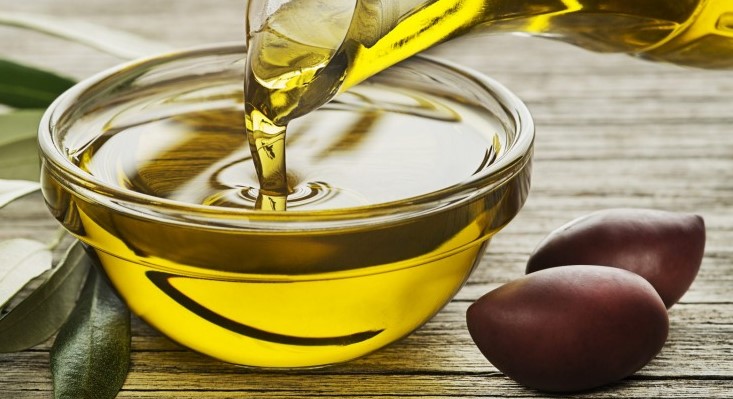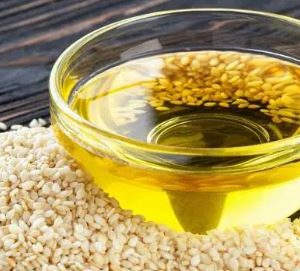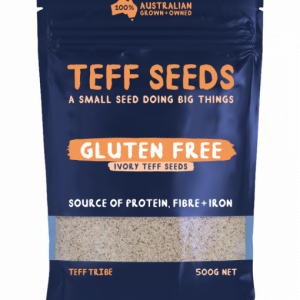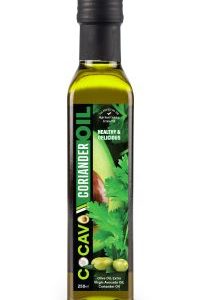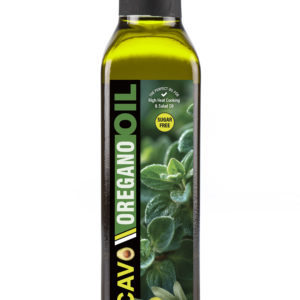What’s the Difference:
Extra Virgin Olive Oil, Virgin Olive Oil & Refined Olive Oil
Beautiful, delicious, healthy Olive Oil is not only a staple in Mediterranean cuisine but also widely appreciated and used around the world, for very good reason.
With a distinct flavor and numerous health benefits, olive oil is a popular choice for cooking, dressing salads, and even skin & beauty applications. When shopping for olive oil, you will be confronted with a myriad of different varieties such as extra virgin olive oil, virgin olive oil, and refined olive oil. Each type has its unique characteristics and production methods, which greatly influence their quality and taste. Let’s delve a little deeper into the differences:
Extra Virgin Olive Oil vs Virgin Olive Oil vs Refined Olive Oil
Extra Virgin Olive Oil:
Extra virgin olive oil (EVOO) is the highest quality and most desirable type of olive oil. It is obtained solely through mechanical processes, without the use of any chemical treatments or solvents. The olives used for making extra virgin olive oil are harvested at the peak of ripeness, carefully selected, and processed within a short time to preserve their freshness. This minimal processing ensures that the oil retains its natural flavors, nutrients, and antioxidants.
Extra virgin olive oil is known for its low acidity level (below 0.8%) and its characteristic fruity and peppery taste. It has a vibrant green color and a distinct aroma that adds depth and complexity to dishes. The flavor profile of EVOO can vary depending on factors such as olive variety, climate, and soil conditions. It is often described as having grassy, herbal, or nutty notes. Due to its exceptional quality, extra virgin olive oil is best enjoyed in its raw form, drizzled over salads, vegetables, bread, or used for dips and dressings.
Cocavo’s Extra Virgin Olive Oil is a premium quality oil sourced from Italy.
Virgin Olive Oil:
Virgin olive oil is also derived from the first pressing of olives, similar to extra virgin olive oil. However, it has slightly higher acidity levels (up to 2%) and may possess a milder flavor profile compared to EVOO. Virgin olive oil is often a blend of oils obtained from different olive varieties or a mix of ripe and less ripe olives.
While it doesn’t meet the stringent standards of extra virgin olive oil, virgin olive oil is still of good quality and can be used for cooking and baking. It provides a healthier alternative to other vegetable oils, as it retains some of the beneficial compounds found in olives. Virgin olive oil has a more versatile flavor profile that pairs well with a wide range of dishes. Its mildness makes it suitable for sautéing, roasting, and grilling, where you may want the olive oil flavor to be less pronounced.
Refined Olive Oil:
Refined olive oil is produced through a refining process that may involve the use of solvents and mechanical filters. This type of oil is typically made from olives that are damaged, overripe, or deemed unsuitable for extra virgin or virgin olive oil production. The refining process removes impurities and undesirable flavors, resulting in a lighter, more neutral-tasting oil.
Refined olive oil has a higher smoke point than extra virgin and virgin olive oils, making it suitable for high-temperature cooking methods like frying and sautéing. It has a pale yellow color and a milder flavor profile, allowing the other ingredients in a dish to shine without overwhelming them. However, it lacks the distinct aroma, flavors, and health benefits associated with its less processed counterparts.
It’s worth noting that some products labeled as “olive oil” may be a blend of refined olive oil and a small percentage of extra virgin or virgin olive oil. These blends are often referred to as “olive oil” or “pure olive oil.” They provide a more affordable option for cooking but may lack the depth of flavor and health benefits found in higher-quality olive oils.
Cocavo Olive Oil is a blend of 90% Refined Olive Oil & 10% Extra Virgin Olive Oil.
When choosing an olive oil, it’s essential to consider your specific needs and culinary preferences. Extra virgin olive oil is ideal for adding a bold, flavorful touch to raw or lightly cooked dishes, while virgin olive oil can be used for everyday cooking. Refined olive oil is a practical choice for high-heat cooking methods where the oil’s flavor is less important.
By understanding the differences between extra virgin olive oil, virgin olive oil, and refined olive oil, you can make an informed decision when selecting the perfect olive oil for your culinary adventures. Experiment with different types to discover your favorite flavors and enjoy the many benefits that olive oil brings to your meals and overall well-being.
In conclusion, the world of olive oil offers a range of options to suit every taste and culinary need. Whether you’re seeking a robust and flavorful oil or a more neutral and versatile one, understanding the distinctions between extra virgin olive oil, virgin olive oil, and refined olive oil empowers you to choose the perfect oil for each occasion.

